I have read other questions on SO in regards to security and registry keys, nothing has helped me solve my particular use case scenario.
Here's my scenario:
What I'm Trying To Do
I want to, in code, delete a windows event log.
The Problem
When executing the function, I receive a System.ComponentModel.Win32Exception. The exception message is "Access is denied".
How I Am Doing It Currently
I am using an impersonator function that I wrote which wraps around the EventLog.Delete function, it drops me into a user context that has full access to the EventLog Registry Hive. Subsequently the logs I am interested in also have full access for this particular user.
My Question
Why do I receive a "Access Is Denied" if the user I am running under (through impersonation) has full access to the log in question? I've tested my Impersonation function and it works as expected for other code I've written. I don't get why I would get access denied for this.
In another scenario with my impersonation function it works just fine, for example if I tried to write to a file that the user context that is running the program does not have write access to, then I would not be able to write to the text file, however if I use my impersonation to drop into a user context that does have write access then it works just fine (I can write to the file). So I just don't understand why the same concept can't be applied to registry keys.
What am I missing here?
The Code
Where sw-test is a user I created for testing purposes, it has full access permissions to the registry we are trying to delete.
[TestMethod]
public void DeleteEventLog_ValidatedUser_DeleteLog()
{
using (new Impersonator(Environment.UserDomainName, "sw-test", "pswd"))
{
Logging logging = new Logging();
logging.DeleteEventLog("testLog");
}
}
